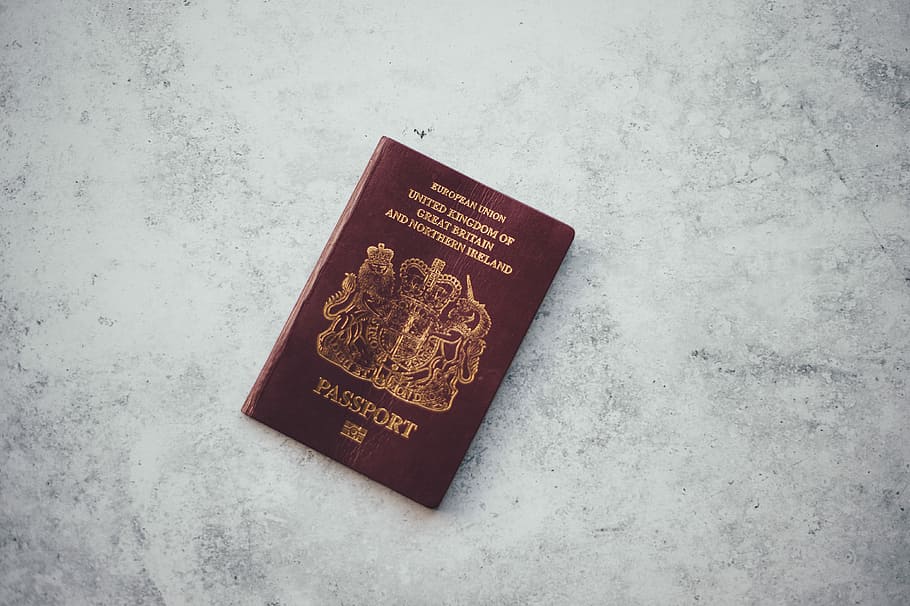Gender-neutral passports (where ‘X’ replaces M/F) will be debated again this week in the British Parliament after judges ruled in March that the Home Office has the right not to give out such passports.
The new bill demands that ministers recognise gender-neutral passports, and is backed by LGBTQ organisation Stonewall.
According to the UK Parliament, private bills such as these (which are proposed by Lords and MPs who are not ministers) do not always become law, but have a higher chance of passing with increased public awareness.
“There are hundreds of thousands of people in the UK who do not identify as exclusively male or female, but the Conservative government still refuses to give them the dignity of recognising their identities,” a spokeswoman for the Liberal-Democrats, Christine Jardin, told The Guardian.
“Introducing an ‘X’ gender option on passports is a relatively small change that would make a big difference to so many people’s lives. I find it utterly incomprehensible that this government still refuses to follow the example of so many other countries and make this change.”
The bill will be introduced on International Non-Binary People’s Day: Tuesday the 14 July.
Earlier this year, the Home Office won a court appeal after refusing to distribute gender-neutral passports, when judges ruled that this refusal was not breaching any current laws. The case was initially brought to court by non-gendered activist Christie Elan-Kane, who applied for a gender-neutral passport in 2010, and was denied.
In its verdict, Lady Justice King added that “there is a respectable argument that we are approaching a time when the consensus within the Council of Europe’s Member States will be such that there will be a positive obligation on the State to recognise the position of nonbinary including intersex individuals if and when that time comes.”
“The State will then have to take steps towards implementing that obligation [of giving out gender-neutral passports].”
Currently, gender-neutral passports are issued in 13 countries including Germany, Australia, Canada, and the Netherlands, which officially started offering the option in 1993.
In Belgium, gender-neutral passports remain a point of debate. A transgender law that allowed civilians to change their first names and sex was introduced in 2017, but was later annulled by the Constitutional Court, because it did not offer any options for people who do not identify either as male or female.
According to the Belgian federal government’s justice department, a replacement for the LGBTQ law will be introduced when a new government has been formed.
Amée Zoutberg
The Brussels Times

